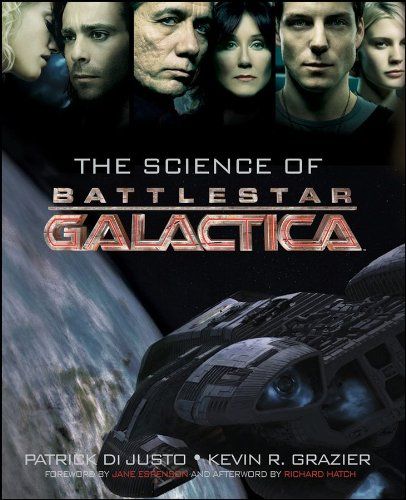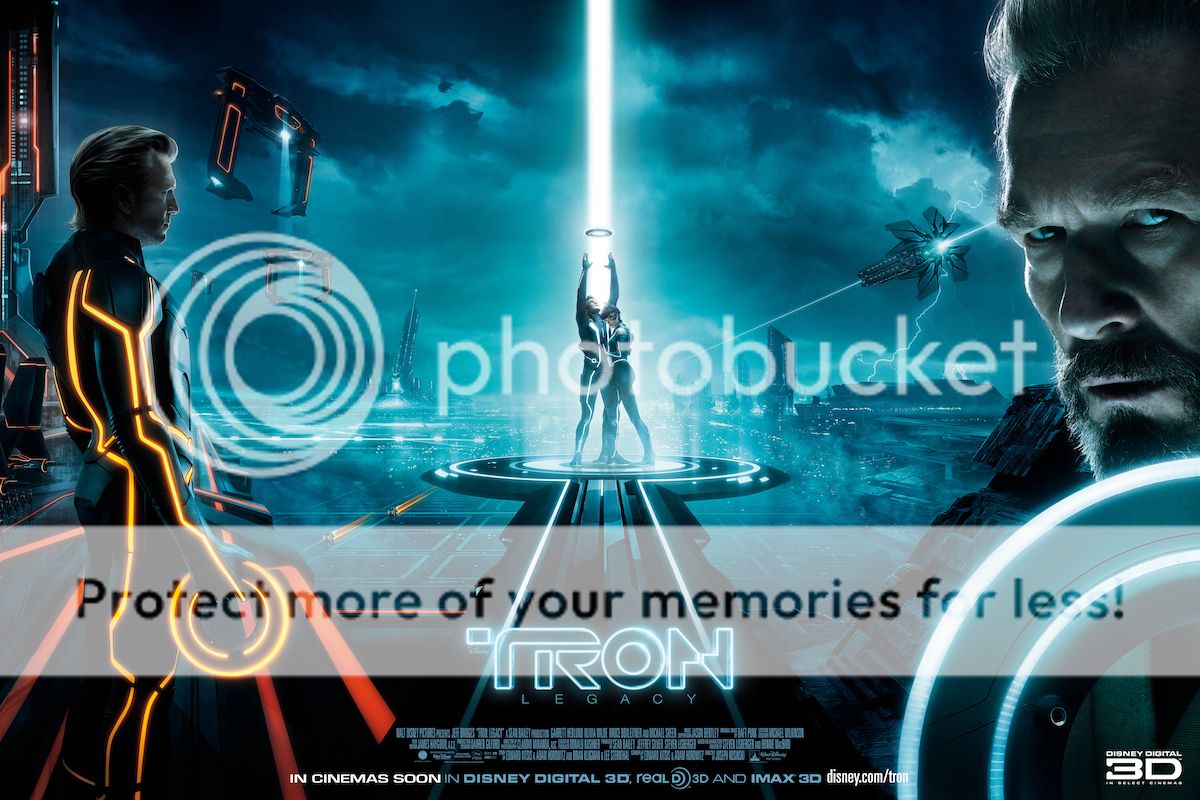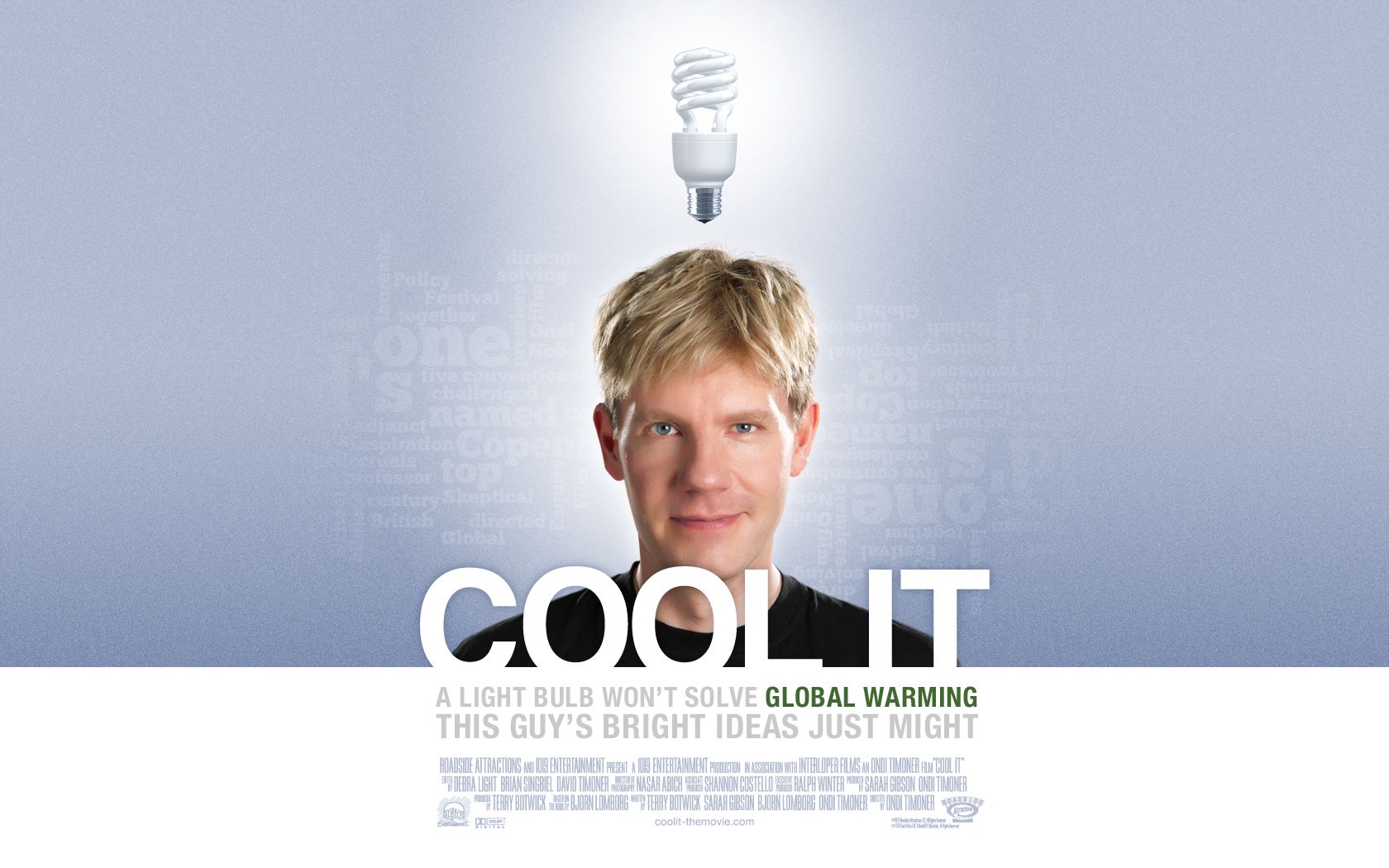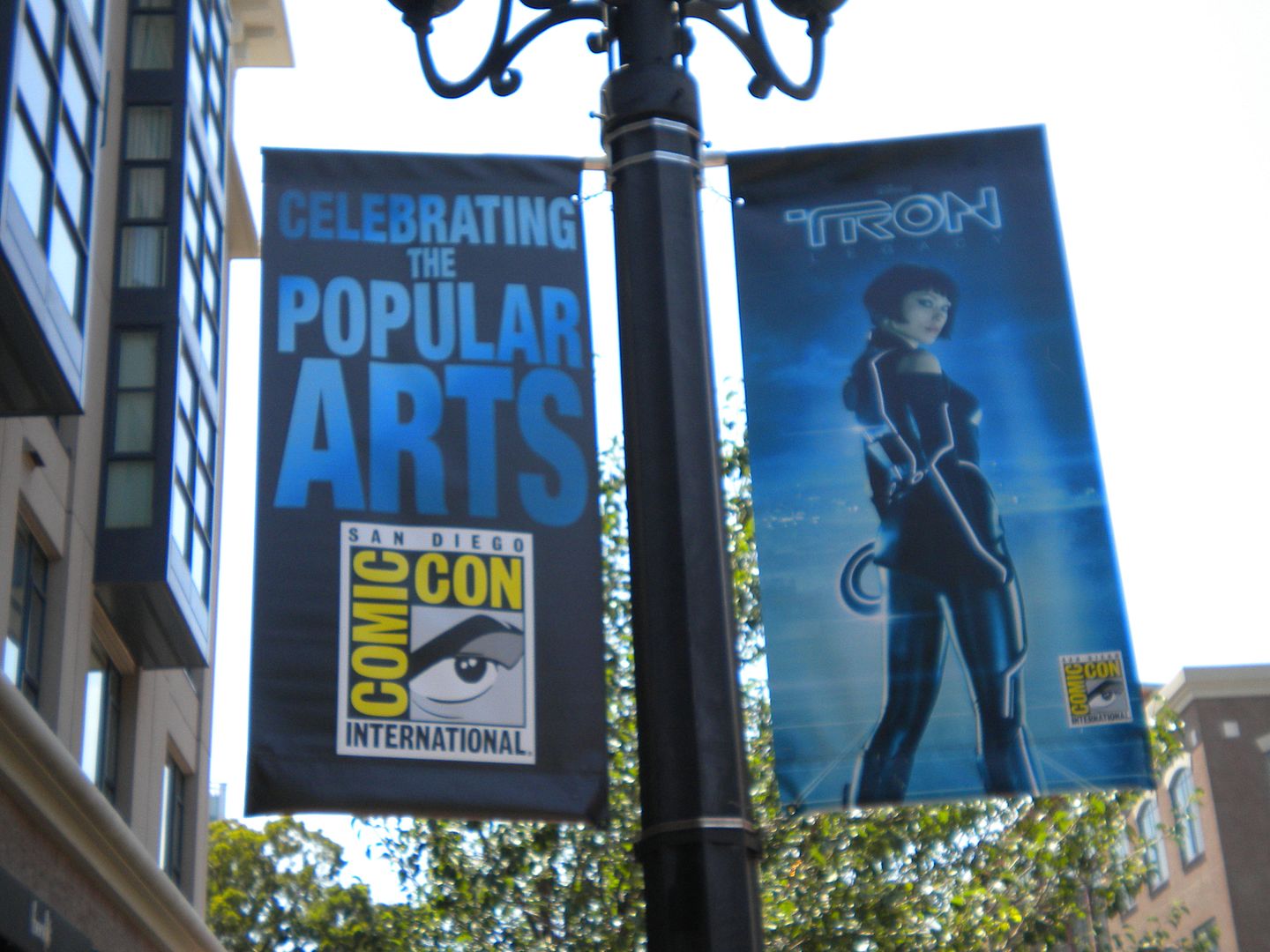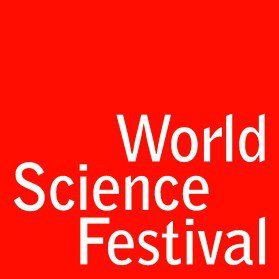
How many times have you said to yourself, “If only I didn’t have to sleep.” Or “If only I tap into my brain’s full neuronal capacity, imagine the things I could do?” Such neurocognitive superpowers would seem to be the stuff of science fiction…for now. In the new film “Limitless,” these wishes unexpectedly come true for a struggling writer, but the results—and unexpected side effects—cause him to wonder whether it was all worth it. Sleek, stylish, sexy and well-crafted, “Limitless” is part scientific inquiry into the limits of expanding the pharmacopeia beyond current human capacities and part thriller to see if the main character who dares to try will get away with it. ScriptPhD.com’s full review of Limitless under the “continue reading” cut.
Continue reading REVIEW: Limitless
